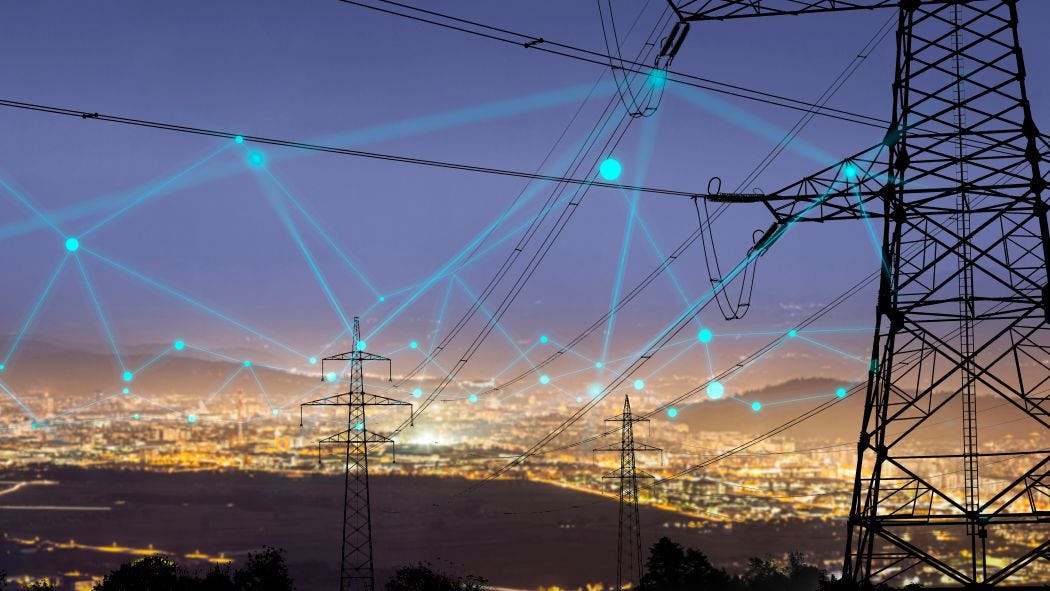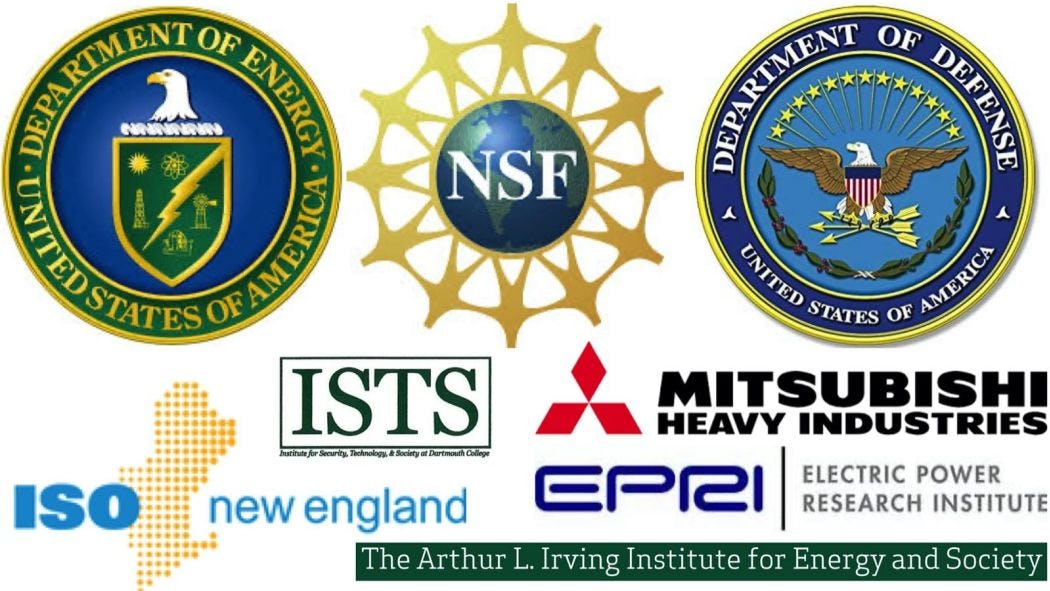
LIINES
Application Areas - Research Themes

Smart Power Grids
Future electric power systems must integrate variable energy resources, accommodate electrified transportation and heating, and empower consumers with a digital and shared economy.

Hydrogen-Energy-Water Nexus
Clean energy and water are two essential resources that any society must securely deliver. Their usage raises questions of nations’ sustainability and resilience the face of global mega trends such as population growth, urbanization, climate change and economic growth.

Electrified Transportation Systems
The electrification of transportation presents one of the most pressing challenges in the decarbonization to a net zero emissions economy. The successful adoption of multi-modal, connected, automated, shared and electrified transportation systems requires multi-infrastructure coordination.

Industrial & Supply Chain Energy Management
Increasingly competitive marketplaces have necessitated mass-customized products of increasingly short product life cycle. Industrial operations must find resilient and sustainable solutions to shifting fluctuations among customers and suppliers while managing the quantity, timing and cost of their energy consumption.

Smart Cities, Regions & Nations
Smart cities, regions and nations require convergence research that address the interdependent societal challenges of the Anthropocene era. This research theme represents a concerted effort to converge the knowledge, methods and results of the other research themes across spatial and temporal scales.

Funding Acknowledgements
The LIINES is grateful for the generous sponsorship of a government, industrial and non-for-profit funding entities.
